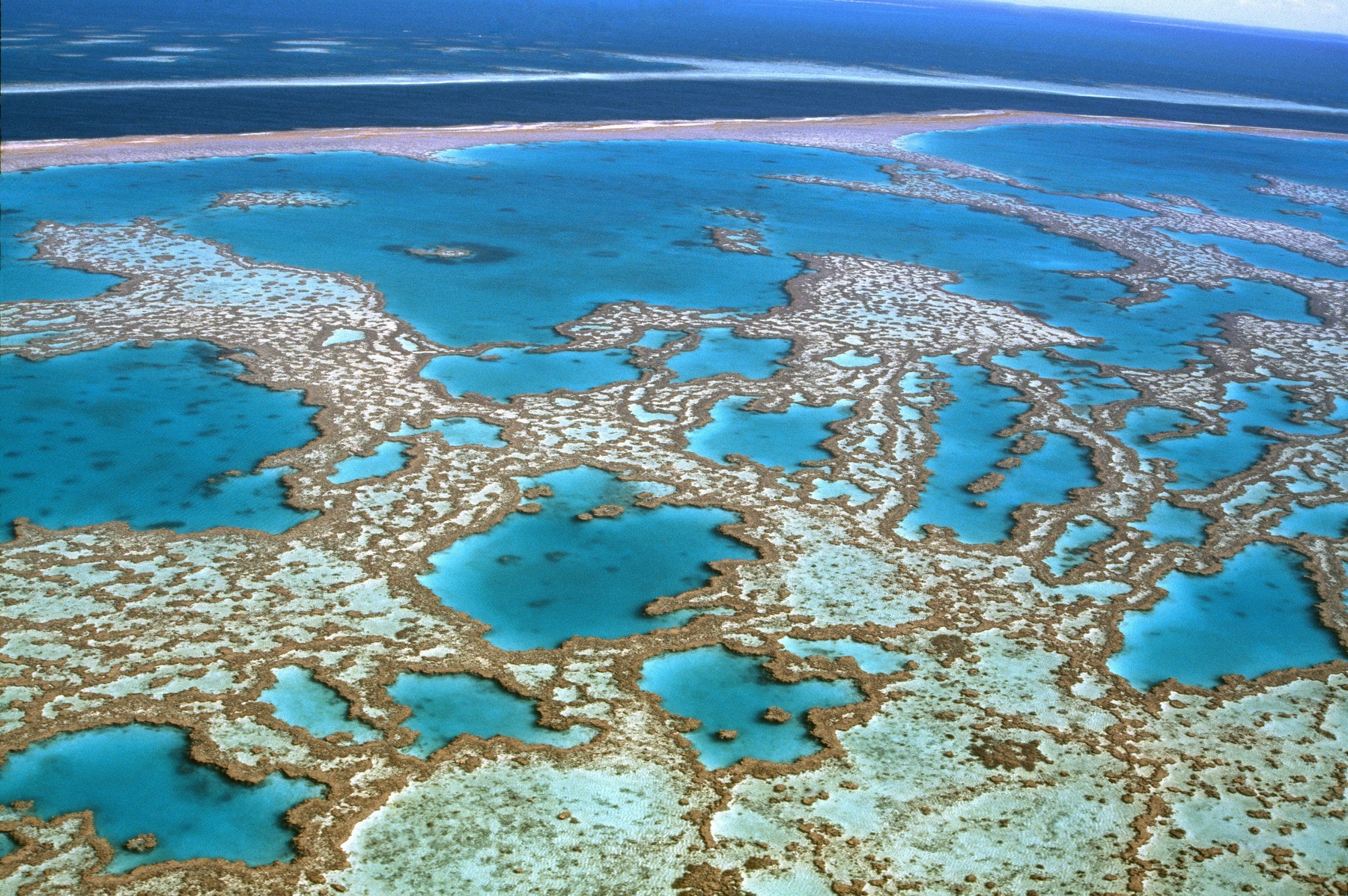Douglas Shire Council supports Australian non-profit organisation GBR Legacy’s announcement that it will safeguard the biodiversity of all known hard coral species by creating the world’s first Living Coral Biobank Project.
The Project will also use public aquariums and home aquarium collectors to hold and maintain backup fragments all over the world, creating the largest collaborative preservation network of corals.
Douglas Shire Mayor Julia Leu said she was thoroughly impressed by the proposed biobank project.
“The idea of housing coral species from around the world at a leading edge holding facility in Port Douglas is a really exciting prospect,” she said.
“We are a time where understanding the impact of climate change on our precious reefs is more important than ever and Council is keen to support Great Barrier Reef Legacy in their mission to establish the facility.”
GBR Legacy Managing Director Dr Dean Miller said the plan was to collect more than 200 species of corals from the Great Barrier Reef by 2020, representing over half the Reef’s species, amounting to a quarter of all species worldwide.
“Our plan is to collect and keep alive all hard coral species from around the world in a state of the art holding facility in Port Douglas in a type of ‘coral ark’ to maintain the living biodiversity of corals and their algal and bacterial symbionts before it’s too late” say Dr Dean Miller Managing Director of and Project Coordinator.
“We have just returned from the Far Northern Great Barrier Reef which has been heavily impacted by the 2016 and 2017 bleaching events as well as cyclone Trevor in 2019, all of which have affected coral diversity and ecosystem function.”
Corals of the World Director and project partner, the “godfather of coral” Dr Charlie Veron, is key to the success of the project as he is one of few people worldwide that can identify corals to species level underwater. “My entire professional career has been dedicated to collecting and identifying the world’s coral species.
I’ve done this many times for science; this time I’m doing it for the coral’s very survival. Without question this is the most important project we can be undertaking for corals and coral reefs and the most important project I have been involved with personally” says Dr Veron.
Corals are one of the few groups of organisms on earth that can be kept alive indefinitely because most form colonies that keep growing for thousands of years.
“The Living Coral Biobank Project is the perfect solution for maintaining the genetic diversity of both corals and their symbionts. That is what makes this project so critically important and unique” says Dr Veron.
Industry project partner Cairns Marine is a world leader in successfully collecting, transporting and keeping corals alive in aquaria for over 40 years and will be responsible for maintaining the living coral collection. “The marine aquarium trade has pioneered coral husbandry over many decades to the point where they are now teaching scientists how to best keep corals alive. The technology and methods to maintain a Living Coral Biobank are well established meaning we can start this project immediately” says Lyle Squire Director and CEO of Cairns Marine.
Chairman and Founder of GBR Legacy, and 2019 Australian Geographic Lifetime of Conservation award winner John Rumney says “current approaches to securing the biodiversity of corals are not working and with each coral bleaching event we are losing the most vulnerable coral species and reefs around the world. We may not have all the answers about how to save coral reefs, but this Project is an extremely cost effective and achievable undertaking that allows us to at least start to secure a better future for their survival”.
“This project will ensure that we can keep corals alive until conditions in their natural environment improve and partnering with Dr Veron’s Corals of the World and Cairns Marine will allow us to rebuild coral communities with a high degree of certainty. This will ensure their survival and coral reef ecosystem function” says John.
The establishment of a coral biobank does not detract from, but only highlights the urgent need, to accelerate actions to reduce the effects of climate change and to reduce local impacts on coral reefs. It is an additional – and now very necessary safeguard.
This project is working closely with traditional owners in Cairns and Port Douglas and will reach out to all 72 clan groups along the Great Barrier Reef to invite collaboration.
It will also bring together leading scientists, Reef managers, industry experts, community partners and the general public and act as a catalyst to implement a simple and innovative solution to one of the world’s most pressing environmental issues which has direct links to human induced climate change.
Currently, the Living Coral Biobank Project is receiving seed funding by an anonymous Dutch Foundation, and is supported by the Douglas Shire Council which is actively seeking for a prime land parcel for the facility.
Dr Miller says “We invite everyone to be involved, collaborate and help fund this Project, especially Australians.
The future of the Great Barrier Reef and world’s corals is at stake. We must act now as over 25% of ocean life, and billions of people each and every day, depend on coral reefs for their very survival”.

